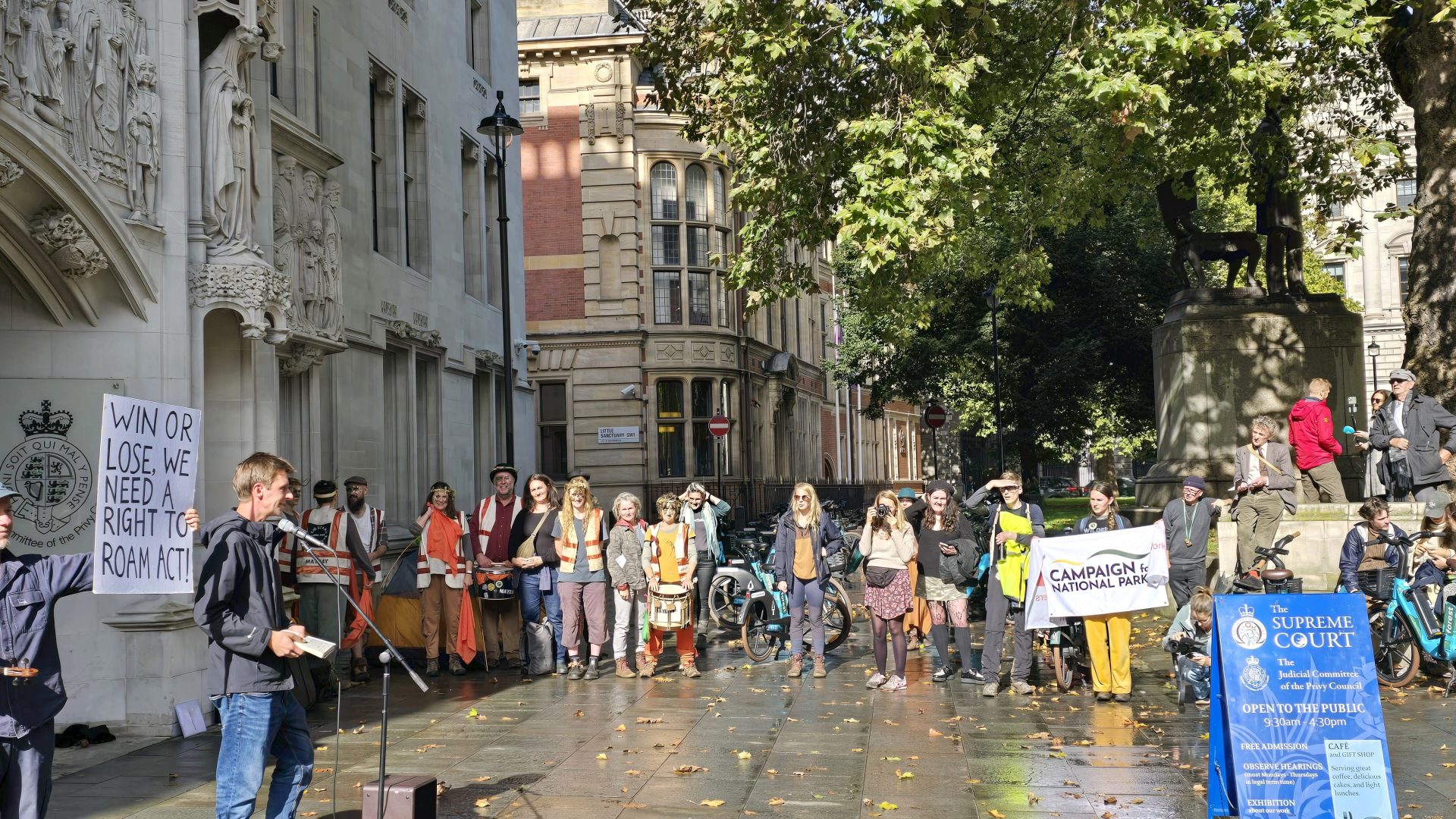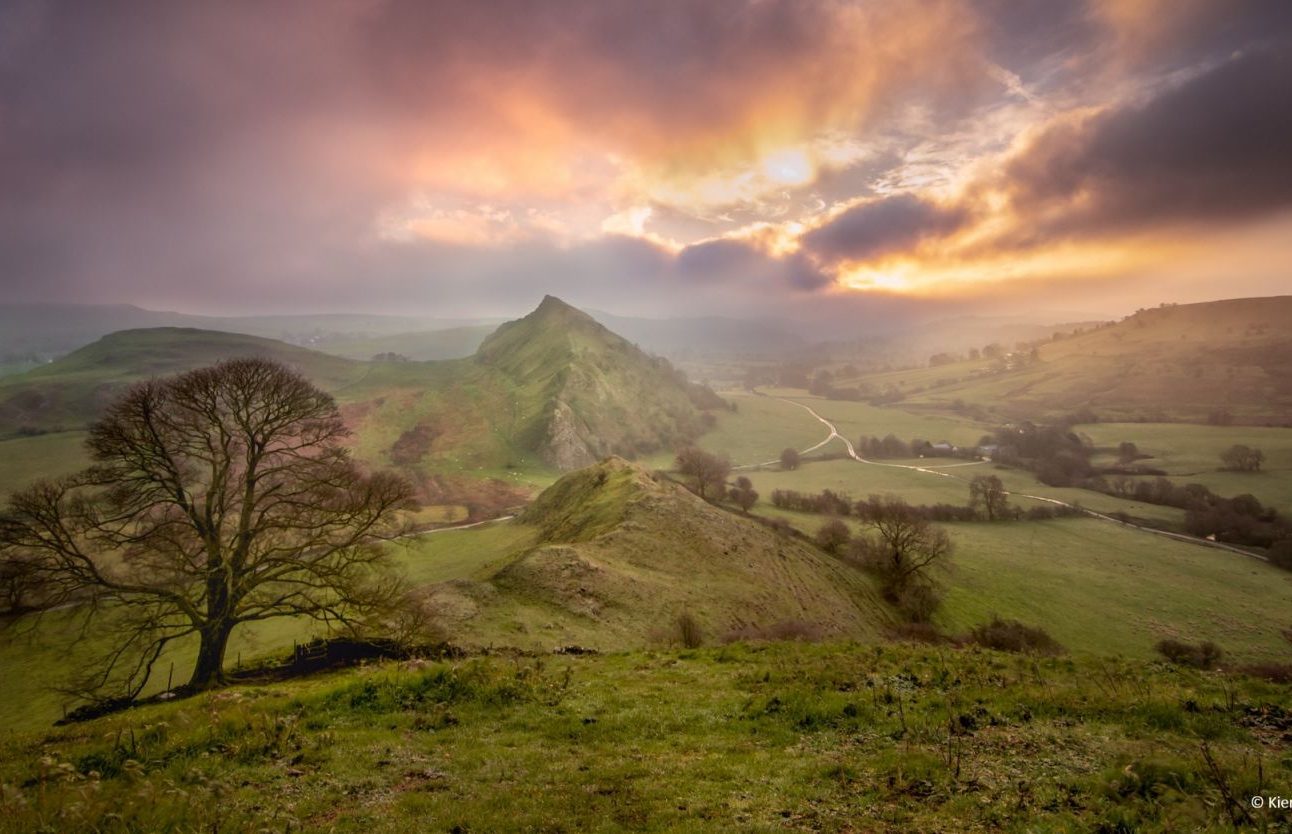Latest Update: Campaign for National Parks has played a crucial role in securing a vital victory for National Parks and National Landscapes after Secretary of State Angela Raynor admitted “an error in law” in planning test case.
This is a significant win as the case sets a critical precedent for all of England’s 10 National Parks and 34 National Landscapes, making clear that all public bodies must comply with the law to further conservation and enhancement of these areas.
We need your help urgently
Court cases are costly, please help us by donating to our fighting fund today so we can continue our work.
Defending the law
After decades of calling for change, on Boxing Day 2023 we welcomed a new duty binding all public bodies in England to take action for Protected Landscapes. Specifically, section 245 (Protected Landscapes) of the Levelling Up and Regeneration Act 2023 now requires all public bodies to ‘seek to further’ the purposes of Protected Landscapes.
This new duty requires every single public body to seek to further these purposes in every decision, function or action they take that could affect land in Protected Landscapes, and applies to thousands of public bodies: from local Councils to Government Departments, water companies, and energy regulators, the Environment Agency, Planning Inspectorate and many more. Given 175,000 hectares of National Park land – an area bigger than Greater London – is owned largely by the Ministry of Defence and Forestry England, this new law mandates a change in the way these areas are managed in a way that enhances wildlife and provides more opportunities for public access and wellbeing. It mandates that National Highways will need to put far more effort into identifying alternatives to significant roadbuilding in Protected Landscapes, and that Ofwat and the water companies place greater priority on reducing sewage spills in these areas.
There are now multiple examples of public bodies ignoring the law. For example, our analysis and Freedom of Information requests have revealed that Ofwat has not complied with this law during their final determination of water company business plans. We have escalated this to the Office of Environmental Protection, making a formal legal complaint.
But any law can only deliver if it is enforced – it is likely that in 2025, the Courts will decide how this law should be implemented.


